
Harry Erba, MD, PhD; Courtney DiNardo, MD; Mark Levis, MD, PhD; and Vinod Pullarkat, MD, review factors to consider when using combining and/or sequencing first- or second-generation FLT3 inhibitors for patients with acute myeloid leukemia (AML).

Your AI-Trained Oncology Knowledge Connection!


Harry Erba, MD, PhD; Courtney DiNardo, MD; Mark Levis, MD, PhD; and Vinod Pullarkat, MD, review factors to consider when using combining and/or sequencing first- or second-generation FLT3 inhibitors for patients with acute myeloid leukemia (AML).




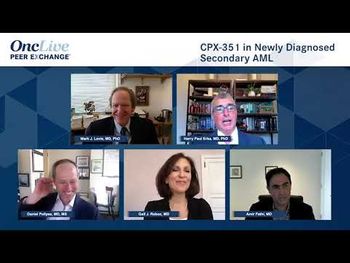
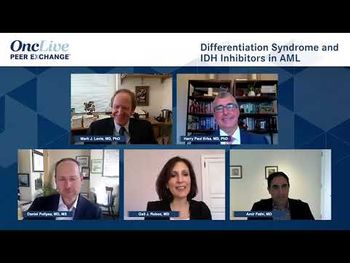



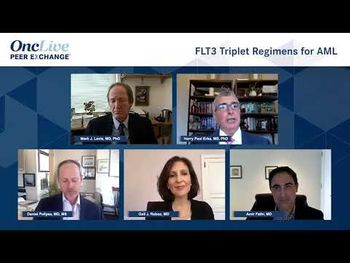





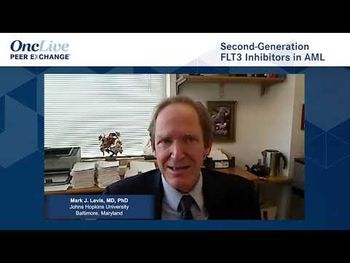
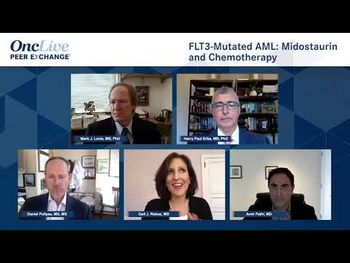
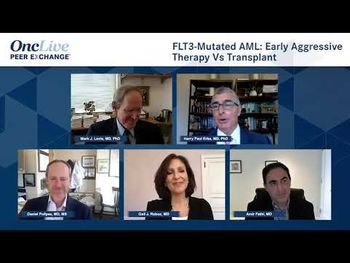
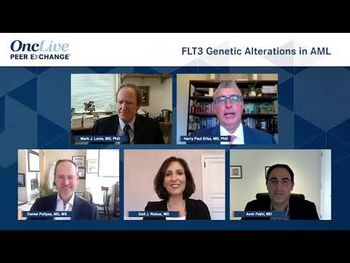

Mark J. Levis, MD, PhD, Department of Oncology, Sidney Kimmel Comprehensive Cancer Center, Johns Hopkins University, discusses the ideal way to use quizartinib to treat a patient with an FLT3-ITD mutation in acute myeloid leukemia (AML).

Mark J. Levis, MD, PhD, Department of Oncology, Sidney Kimmel Comprehensive Cancer Center, Johns Hopkins University, discusses the difficulty of treating a patient with a FLT3-ITD mutation in acute myeloid leukemia (AML).

Mark J. Levis, MD, PhD, Department of Oncology, Sidney Kimmel Comprehensive Cancer Center, Johns Hopkins University, discusses the design and results of a phase II trial of quizartinib in patients with FLT3-ITD positive or negative relapsed/refractory AML.

Published: August 5th 2021 | Updated:

Published: January 2nd 2013 | Updated:
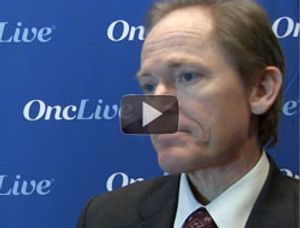
Published: November 27th 2013 | Updated:

Published: February 5th 2014 | Updated:

Published: July 20th 2020 | Updated:

Published: July 20th 2020 | Updated: